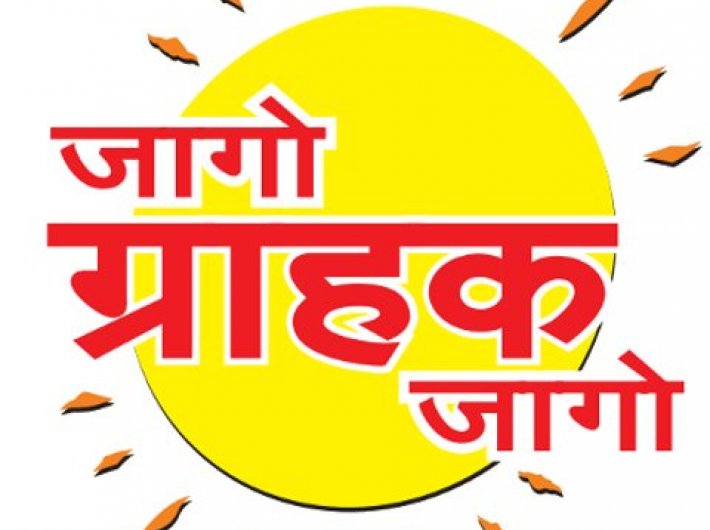The cosmetics sector is dominated by Micro, Small & Medium Enterprises which creates lot of jobs, said union minister CR Chaudhary
Strict consumer rights protection bill will be tabled in the next session of parliament for protection of consumer’s rights, said CR Chaudhary, minister of state for consumer affairs.
India is the second largest market of cosmetics, personal care products and the Indian manufacturers should go for Bureau of Indian Standards (BIS), International standards to face the competition from foreign players, said Chaudhary, while inaugurating an ASSOCHAM COSMe India 2017 Annual Conference & Awards on Cosmeceuticals, Cosmetics & Personal Care in New Delhi.
He said we have to look after interests of consumers as they are the pivot of cosmetics and personal care product businesses. Health consciousness increases with economic growth. He added that consumers want cosmetic and personal care products which have least side effects.
“The cosmetics sector is dominated by Micro, Small & Medium Enterprises which creates lot of jobs,” said Chaudhary. A joint study released by ASSOCHAM-TechSci on ‘Indian Cosmeceuticals Market 2022’ reveals that increasing sales of cosmeceuticals in India is attributed to rising awareness about benefits of using such products with medicinal proprieties and shifting preferences towards these products over conventional chemical based cosmetics.
Cosmeceutical is a cosmetic that has or is claimed to have medicinal properties.
Secondly, demand for cosmeceuticals, organic and natural cosmetic products is anticipated to rise over the next five years. Consumer preferences are also changing, with evolving lifestyles and increasing spending. Cosmeceuticals manufacturing companies are recommended to focus on rolling out of newer and more advanced products to increase sales and strengthen their market position.
The study recommended that making Bureau of Indian Standards (BIS) product standards should be voluntary. BIS standards should focus on safety and analytical methods. Quality compliance should be mandatory through effective implementation of Good Manufacturing Practices (GMP) and yearly audits.
The study pointed out that there should be one single regulation to cover cosmetics and separate it from that for drugs. The guidelines for uniform interpretation of regulations and their implementation across the country – license issued by one state to be accepted by all states.
The products should be supported by manufacturer’s quality and BIS safety standards. The onus is on manufacturer to provide safe & quality products and the regulatory focus only on safety of product through post market surveillance.
The personal care and cosmetics market in India has had consistent growth over the last decade, with increasing shelf space in boutiques and retail stores across the country. Many multinational brands have entered the Indian market, primarily aided by dedicated support structure and their respective pricing strategies.
The domestic market for personal care products is projected to grow at a CAGR of around 22% during the period 2017-2020. Moreover, the market will maintain healthy growth due to rising preference for specialized cosmetic products such as organic, herbal and ayurvedic products. Principal areas that are expected to grow include colour cosmetics, fragrances, specialized skin care, hair care and make-up cosmetics.
Currently, India accounts for a share of just over 1% of total global personal care, cosmetics and cosmeceutical market. This share is anticipated to grow significantly over the next 5 years. This growth will be primarily led by increasing disposable income, relatively young urban elite population and rising middle-class population.
